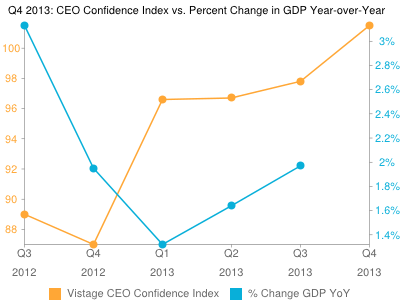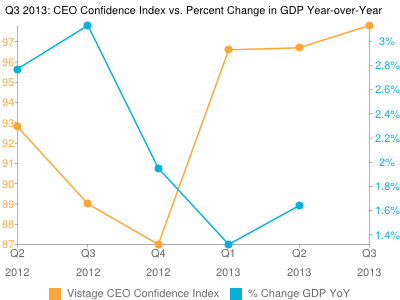Those of you who know me have heard me talk about my Uncle Leon as a model for a life well-lived. He died this past week, at age 95+. I will be attending his funeral on the day this blog publishes. It seemed fitting to write this tribute to him on this day.
Balaji Krishnamurthy, one of my favorite Vistage speakers, talks about L3, Leadership, Leverage and Legacy. For me, Uncle Lee accomplished all three.
He was an entrepreneur who, in his early twenties, founded the nation’s first convention exhibition business, Mannecraft Exhibition Services. In the beginning he worked with department stores to “exhibit” their store windows. Soon thereafter Mannecraft was setting up conventions across the country. When the company was acquired by a public company in the early 80’s, he agreed to retire at age 65.
Retirement for Leon was investing in young entrepreneurs, providing financing and wisdom to grow their companies. He worked on-site, hands on, with these companies. At the same time, he was fully engaged with his philanthropic efforts.
He was a leader in the Miami Beach chamber of commerce and Kiwanis and was recognized multiple times by both organizations as “Man of the Year”. When it was time to renovate the Miami Beach Convention Center, Leon led the multi-year project – pro-bono.
Leon always said he had only one regret, that he was not able to attend college. His parents could only afford to send one of their three children and his older brother, because he was older, got the opportunity. So… he started a scholarship fund to sponsor young people wanting a college education without the funds to go.
As a child, Uncle Lee was always on my side; and as an adult he has been the person I most want to emulate. While he was always there for advice if I asked, what I learned from him was more from what he did, than from what he said.
A few years ago my cousin and I were talking about Uncle Lee and she asked me, “what do you think you have learned from him?” As I reflected on her question, I created this list of seven “Leonism’s”. He made each of these seem easy and yet for me they are aspirational words.
7. Accept what you cannot do and do all of what you can.
6. Stay active, physically and mentally.
5. Make new friends all the time.
4. Move on – learn from mistakes.
3. Live in the present.
2. Forgive – yourself & other.
And, #1, Make the people around you feel special.
Uncle Lee was loved and admired by his family and everyone who was fortunate enough to know him. When he turned 95, over 100 people, of all ages, showed up to celebrate the man who, as my aunt said so well, “was someone people didn’t just want to know, they wanted to be”.
I will miss him and his legacy will continue to inspire.
Elisa K. Spain
 This month’s leadership quote:
This month’s leadership quote: 
















 The initial results of my Pivot are excellent. I feel I have much greater clarity regarding the next 3-5 years..
The initial results of my Pivot are excellent. I feel I have much greater clarity regarding the next 3-5 years..  John Yerger
John Yerger